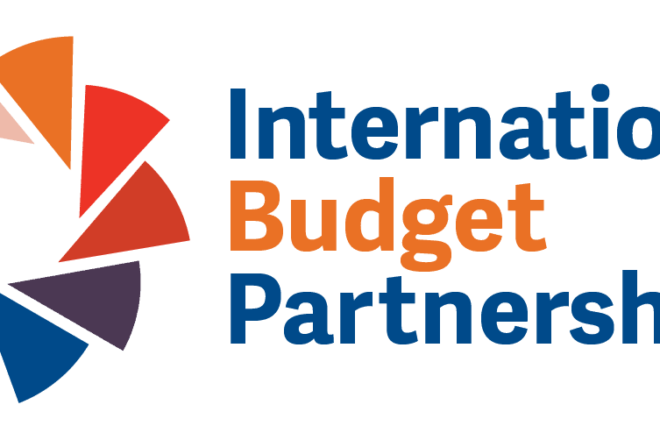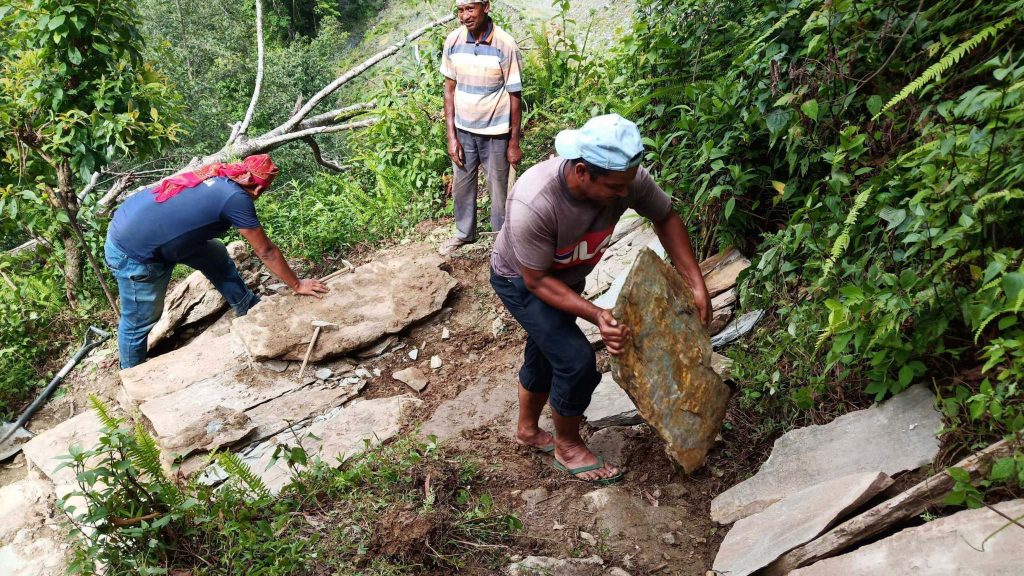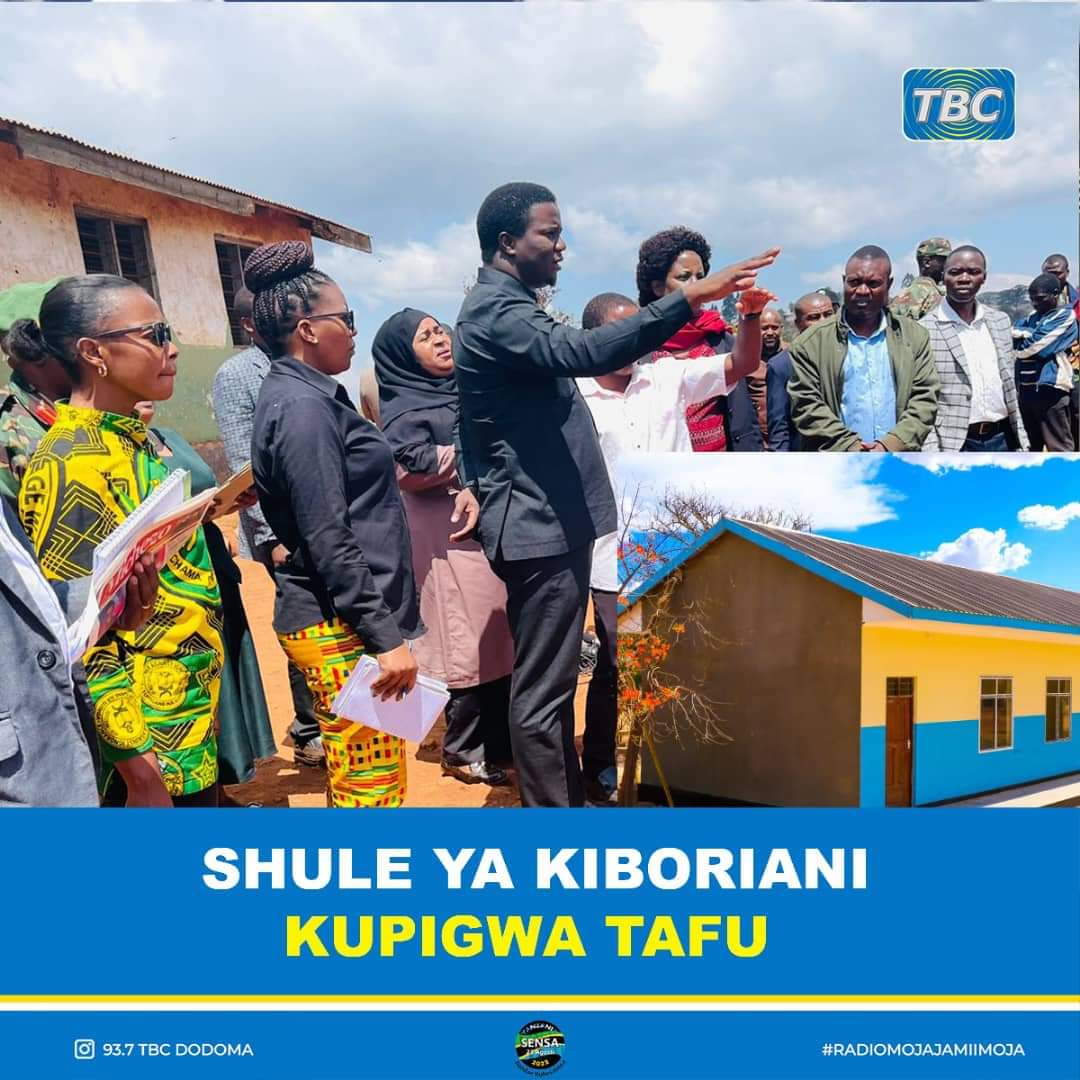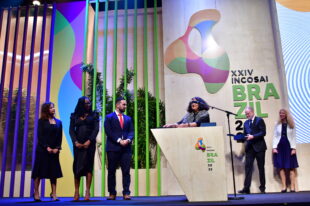Enhancing Accountability through Audits: Lessons from Collaborations Between Supreme Audit Institutions and Civil Society Organizations

Author: Claire Schouten, International Budget Partnership
The International Budget Partnership (IBP) initiated the Audit Accountability Initiative to bring together supreme audit institutions (SAIs) and civil society organizations (CSOs) to strengthen government responsiveness to audit recommendations through more effective communication and engagement. In Argentina, Ghana, Nepal, Sierra Leone, and Tanzania, the SAI and civil society actors have coordinated efforts to secure remedial actions from governments in response to findings and recommendations contained in SAI audit reports.
IBP began this initiative after data from its Open Budget Survey revealed a paralysis in oversight systems that often prevents SAIs from achieving their overarching goals of protecting the public interest by improving the management of public funds. Audit reports are withheld from the public, hearings on audit findings take place behind closed doors and findings are not acted upon. While SAI independence is critical, SAI effectiveness ultimately depends on the interconnectedness with other actors of the overall accountability system.
The partners in this initiative recognize this interconnectedness. The participating countries were selected several years ago based on the presence of well-functioning and independent SAIs and CSOs with the expertise to engage on issues raised by SAI audits. We have learned from each other’s experiences and generated broader lessons on collective action on audits to enhance government responsiveness and accountability.
Partnering to Tackle Issues of Public Concern
Across the five countries, SAIs and CSOs selected a set of critical issues that were flagged in official audit reports issued by SAIs where government action was lagging:
- In Argentina, the Auditoría General de la Nación and the Asociacion Civil Por la lgualdad y la Justicia (ACIJ) focused on underperforming government programs to prevent, diagnose, and treat 1.5 million people affected by Chagas–a tropical parasitic disease.
- In Ghana, the Audit Service and SEND Ghana addressed accountability and coordination challenges in the national school feeding program serving 2.6 million pupils.
- In Nepal, the Office of the Auditor General and Freedom Forum partnered to strengthen the management of local development funds that support infrastructure projects, such as road, water supply and sewerage works.
Users Committees Infrastructure Construction Project in Nepal

Source: International Budget Partnership
- In Sierra Leone, the Audit Service and the Budget Advocacy Network coordinated their efforts to ensure proper water, sanitation and hygiene (WASH) facilities in schools across the country.
- In Tanzania, a coalition of civil society organizations led by the Wajibu Institute engaged with the National Audit Office to push for the rehabilitation of dilapidated school infrastructure that has left 4 million children without proper classrooms.
School Infrastructure in Tanzania: David Ernest Silinde, Deputy Minister in President’s office, Regional Administration and Local Government, Committing to Constructing Classes, Teachers’ Houses and Latrines

Source: International Budget Partnership, 93.7 TBC DODOMA
Lessons From the Initiative
These collaborations are achieving promising results and yielding important lessons that can inform how SAIs and CSOs can form even more productive partnerships. Two key lessons from this work are:
- Current oversight systems and processes in many countries prevent SAIs from being effective advocates for their own audit findings and recommendations. SAIs may have more impact if they adopt a strategic approach to strengthen engagement with legislatures, the executive, affected communities and media, as well as other actors that are championing accountability more broadly. In a variety of contexts, CSOs can play important roles in amplifying SAI recommendations and demanding accountability. Ultimately, a combination of strategic engagements and processes will help SAIs become more effective in upholding accountability and promoting public interest.
- CSOs can help make SAIs more effective in at least four interconnected ways. First, they can complement audit reports by highlighting new information and evidence to convince stakeholders to institute reforms. Second, because CSOs are not beholden to formal oversight timetables, they can directly engage a wide range of stakeholders in government on the issues raised in audits. Third, CSOs can build grassroots support and engender bottom-up pressure on governments to address audit recommendations. Finally, CSOs can leverage media opportunities to bring attention to audit findings and recommendations, including by organizing training events conducted jointly with SAIs, and by using social media to disseminate key messages to broader audiences.
IBP’s initiative focused on a very specific model of civic engagement surrounding the implementation of audit recommendations; however, it is clear from recent examples that CSOs can support SAI efforts to require accountability in several other ways. When the independence of SAIs in countries such as Cyprus, Ghana, Myanmar, and Sierra Leone was threatened by powerful executives, non-state actors including CSOs and the media have rushed to defend the SAIs. CSOs can also help direct SAIs’ attention to areas of public concern. For example, in South Africa, results from social audits of water and sanitation services conducted by local CSOs in townships have been praised by the national SAI as they help the SAI to prioritize issues that merit further investigation under its audit program. In the Philippines, the SAI’s participatory auditing techniques directly involve specialized CSOs in their audits of government programs. In turn, CSOs also benefit from collaborating with SAIs as SAIs often have the technical expertise, legitimacy, and access to government information that CSOs may lack.
SAIs can enhance civic engagement by testing different models of collaborations with CSOs. The SAI community, in collaboration with CSOs and other domestic and international actors, has an opportunity to enhance accountability and audit impact:
- At the country level, SAIs can forge collaboration with CSOs (or CSO networks) throughout the audit cycle – from the development of the audit work plan, to the conduct and communication of audits, and follow-up on audit recommendations.
- At the international level, the learning across countries and results from country-level work can bolster ongoing efforts to guide SAI engagement with civil society around the world. National actors and networks can also cross-fertilize ideas and experiences from their respective countries through facilitated discussions.
We can provide access to knowledge resources and tools to SAIs around the world to help mainstream emerging models for civic engagement. For example, through the Open Budget Survey, we have good practices to share of civic participation throughout the audit process.
Together we can leverage the respective skills and specializations of SAIs and CSOs, foster strong partnerships and ultimately enhance oversight, accountability, and audit impact.





